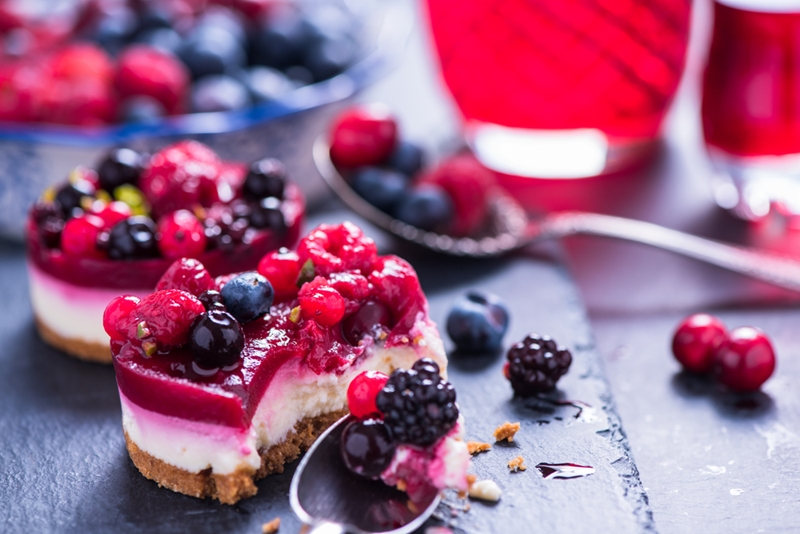Introduction: Understanding Tooth Staining
A bright smile is often considered a symbol of confidence and health, but did you know your diet plays a significant role in maintaining your teeth’s natural whiteness? Many foods and drinks we consume daily can cause discoloration, some of which may surprise you. In this article, we’ll explore five common but unexpected tooth-staining culprits and provide actionable tips to keep your smile radiant. You’ll also learn additional preventive measures and how professional whitening treatments can help reverse persistent stains.
1. Curry: A Flavorful Culprit
Curry’s vibrant yellow hue comes from turmeric and other spices, which can cling to your teeth and cause staining over time. Its deep pigmentation can discolor dental enamel, especially when consumed frequently.
Why Curry Stains Teeth: The pigments in curry adhere to enamel, and its acidic nature can weaken the protective layer of your teeth, making them more vulnerable to discoloration.
Prevention Tips:
-
Rinse your mouth with water immediately after eating curry.
-
Pair your meal with raw vegetables like carrots or celery, which act as natural cleansers.
-
Brush your teeth 30 minutes after consuming curry to minimize staining.
2. Popular Condiments: Hidden Staining Agents
Soy sauce and ketchup may enhance the flavor of your meals, but their dark and rich colors can contribute to tooth discoloration. These condiments are acidic, which makes your enamel more prone to staining.
Why Condiments Stain Teeth: The rich, dark colors of soy sauce and ketchup leave residues that cling to enamel, especially if oral hygiene isn’t immediately practiced after meals.
Prevention Tips:
-
Use lighter alternatives like tamari or homemade tomato-based sauces.
-
Practice good oral hygiene, brushing twice a day and flossing regularly.

3. Balsamic Vinegar: The Tangy Threat
Balsamic vinegar is a salad staple, but its dark color and acidity can leave stains on your teeth. It can also create a sticky film that attracts stains from other foods.
Why Balsamic Vinegar Stains Teeth: The acidity of balsamic vinegar softens enamel, while its sticky consistency allows pigments to adhere to your teeth more easily.
Prevention Tips:
-
Combine balsamic vinegar with leafy greens to form a protective barrier for your teeth.
-
Drink water after meals to rinse away residues.
4. Berries: Nature’s Sweets with a Downside
Berries like blueberries, blackberries, and raspberries are rich in antioxidants and nutrients but can also stain your teeth due to their intense pigmentation.
Why Berries Stain Teeth: The deep, vibrant colors of berries contain chromogens, which are compounds that stick to enamel and cause discoloration.
Prevention Tips:
-
Opt for lighter-colored fruits like apples or pears as an alternative.
-
Brush your teeth or rinse your mouth after eating berries to remove pigments.

5. Pasta Sauce: A Staple That Stains
Tomato-based pasta sauces are delicious but highly acidic, which makes enamel more porous and susceptible to staining. Their bright red color can cling to teeth, leaving discoloration behind.
Why Pasta Sauce Stains Teeth: The acidity in tomato sauce weakens enamel, while the vibrant red pigments bind to the softened enamel surface.
Prevention Tips:
-
Eat a salad or some cheese before your pasta dish to coat your teeth with a protective layer.
-
Use a straw when drinking tomato-based soups to limit contact with your teeth.
Other Common Tooth-Staining Foods
While we’ve focused on these five foods, there are other culprits you should be aware of:
-
Tea and Coffee: Both contain tannins, which can lead to discoloration.
-
Red Wine: Its chromogens and tannins make it a powerful staining agent.
-
Beetroot: Known for its deep pigmentation, beetroot can leave noticeable stains.
-
Dark-Colored Sodas: The combination of sugar, acidity, and coloring agents contributes to enamel erosion and discoloration.
Frequently Asked Questions (FAQs)
Does brushing immediately after eating prevent stains?
Brushing right after eating acidic or staining foods can help, but it’s better to wait about 30 minutes. This gives your enamel time to re-harden after being softened by acids, reducing the risk of damage while cleaning your teeth effectively.
What foods stain teeth the most?
Foods with dark pigments and high acidity, such as coffee, tea, red wine, and curry, are the primary culprits for tooth discoloration. These foods cling to enamel and can cause both surface and deeper stains.
How often should I get professional whitening treatments?
The frequency depends on your lifestyle and level of staining. On average, professional treatments can last anywhere from 6 months to 2 years. Consult with your dentist to determine the ideal schedule.
Can drinking water prevent tooth stains?
Absolutely! Drinking water after consuming staining foods or beverages helps rinse away pigments and acids, reducing the risk of discoloration.
Preventive Measures to Maintain a Bright Smile
Maintaining a white smile doesn’t mean giving up your favorite foods. Here are some general tips:
-
Brush your teeth twice daily with a whitening toothpaste.
-
Floss regularly to remove plaque and food particles.
-
Use a straw for dark beverages to minimize contact with teeth.
-
Chew sugar-free gum to stimulate saliva production, which helps wash away food particles.
-
Incorporate crunchy fruits and vegetables into your diet to naturally scrub your teeth.
-
Schedule regular cleanings with your dentist to remove surface stains.
Professional Teeth Whitening in Wellington
If stains persist despite your best efforts, professional teeth whitening treatments can help restore your smile’s brightness. At City Dentists, conveniently located in Wellington, we offer advanced whitening solutions tailored to your needs. From in-office treatments to take-home kits, we ensure safe and effective results that suit your lifestyle.
Benefits of Professional Whitening:
-
Quick and noticeable results.
-
Customized treatments based on your level of staining and sensitivity.
-
Longer-lasting results compared to over-the-counter products.
Conclusion
A white smile requires more than brushing and flossing—it involves being mindful of what you eat and drink. By understanding which foods stain your teeth and taking preventive measures, you can maintain a radiant smile. And if stains persist, City Dentists in Wellington is here to help with professional whitening treatments designed for you.
Ready to take your oral health to the next level? Schedule a consultation with City Dentists today and discover how easy it is to keep your smile bright and healthy.
Explore our teeth whitening services or book an appointment now to learn more about keeping your smile bright and healthy. Visit us in Wellington and experience the difference!
